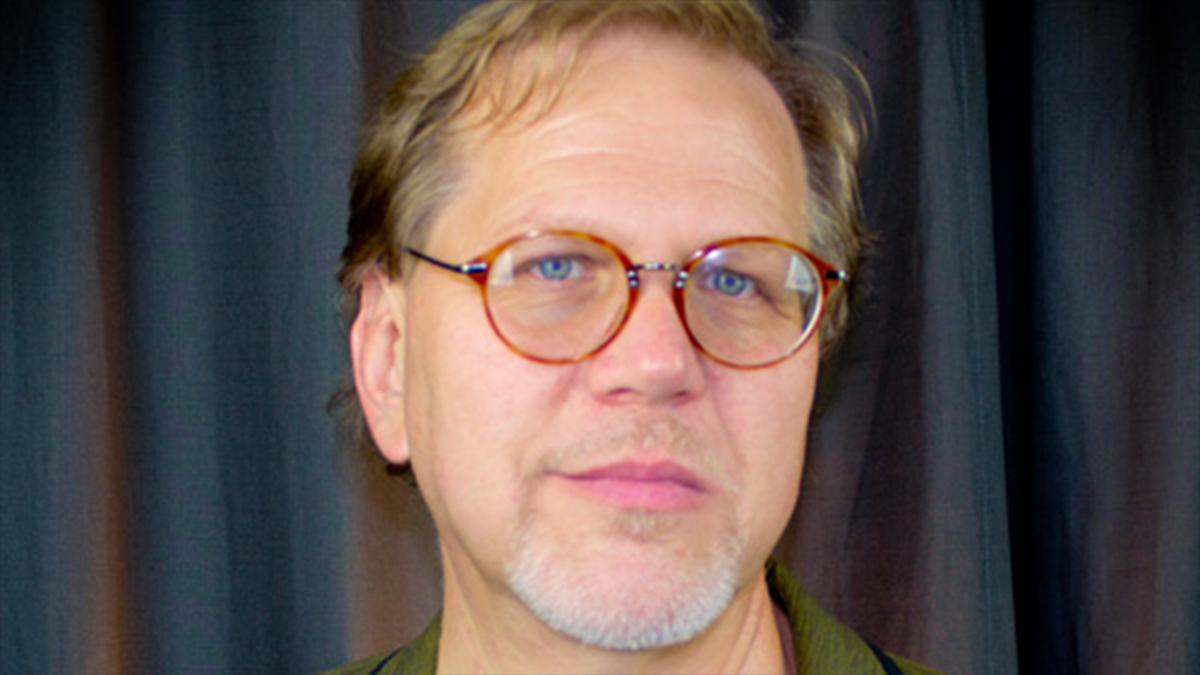“Keith dedicated his life to revolutionising how live interactive music is played and experienced”: Music technology innovator Keith McMillen dies, aged 67
Known for his range of expressive controllers, McMillen previously worked for Gibson and helped to lay the foundations for MPE and MIDI 2.0

In sad and unexpected news, Keith McMillen Instruments has announced that its pioneering founder, Keith McMillen, has died. He was 67.
Best known in recent years for expressive controller keyboards such as the K-Board and QuNexus, McMillen began his professional career when he founded Zeta Music in 1979, where he developed an electric violin.
In 1992, he would go on to join Gibson Guitars, founding the company’s G-WIZ R&D Lab. This resulted in the creation of ZIPI, a new instrument control language that evolved into Open Sound Control (OSC) and laid the foundations for the MPE and MIDI 2.0 standards.
McMillen founded his eponymous company in 2005, and used patented Smart Fabric sensors to create a range of expressive electronic instruments. In 2014, he founded BeBop Sensors in a bid to bring Smart Fabric to the wearables market, and later went on to use it to create a ‘robotic skin’.
“Keith dedicated his life to revolutionising how live interactive music is played and experienced,” his instrument company wrote on its website. “[His] work exemplified a lifelong commitment to exploring how computer intelligence and user interface can enhance and expand musical performance.
“His passing is a great loss to the world of music and technology, but his innovations and achievements will continue to inspire and shape the future of both fields.”
Our condolences go to McMillen’s family, friends and colleagues.
Want all the hottest music and gear news, reviews, deals, features and more, direct to your inbox? Sign up here.



I’m the Deputy Editor of MusicRadar, having worked on the site since its launch in 2007. I previously spent eight years working on our sister magazine, Computer Music. I’ve been playing the piano, gigging in bands and failing to finish tracks at home for more than 30 years, 24 of which I’ve also spent writing about music and the ever-changing technology used to make it.